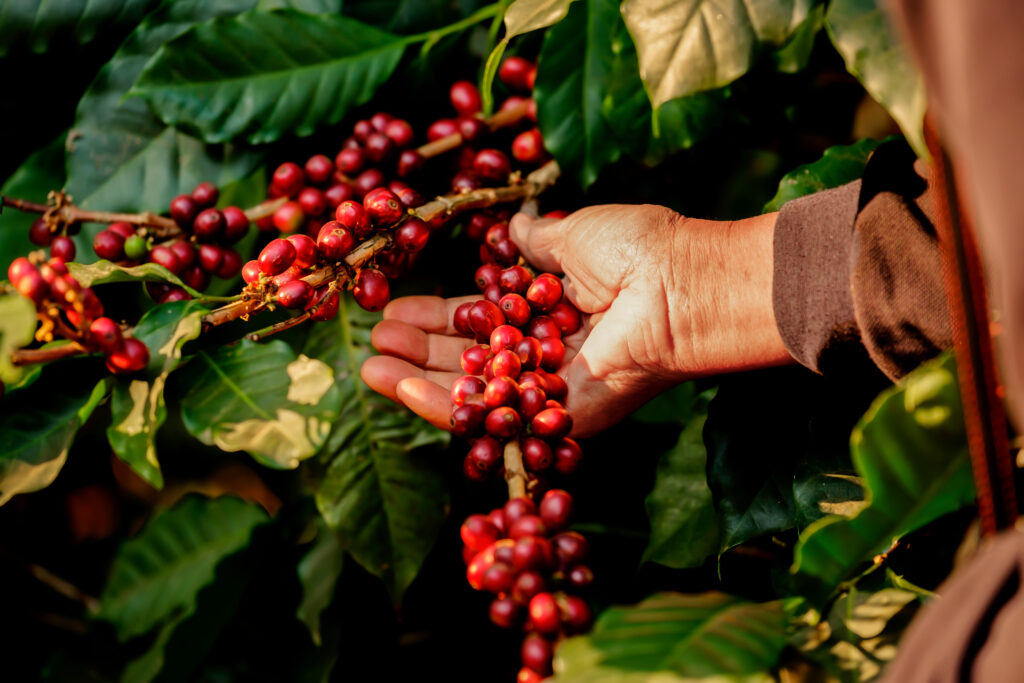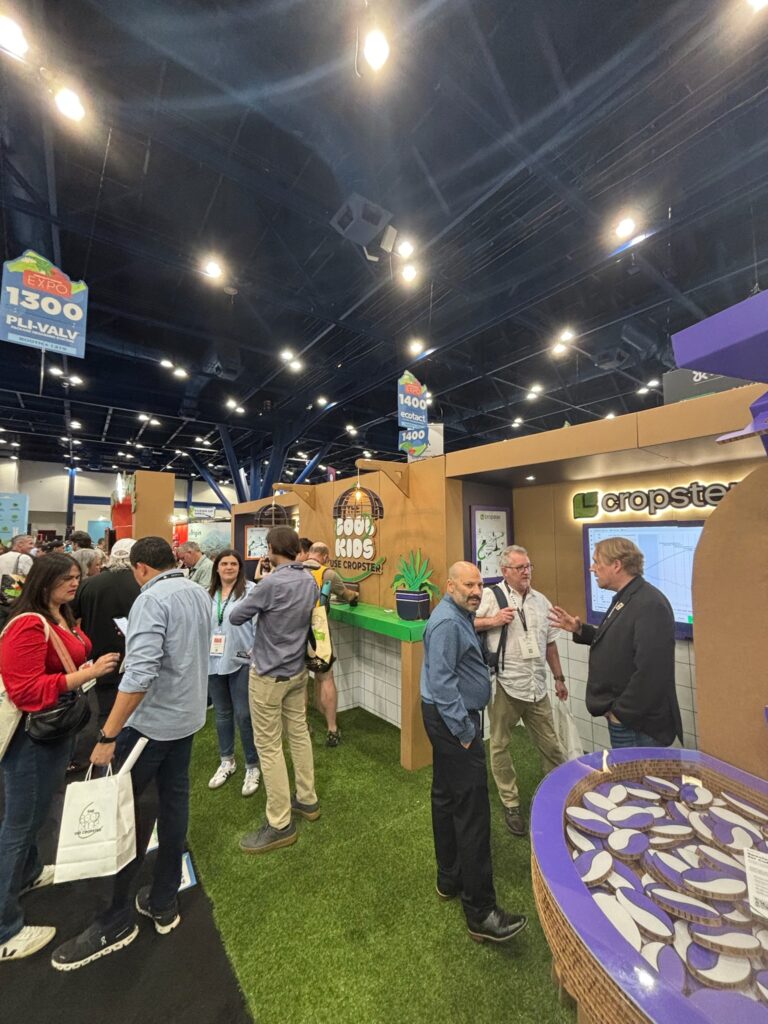Written by Nick Castellano
Established: 1882
Farm size: 250ha
Output: 4,000 60kg bags
Varieties: Conilon (Vitoria, Jequitibá, Diamante, Centenário)
Sample roaster/Roaster used: Palini & Alves (sample), Atila Gold Plus 5kg (roastery)
From understanding pre and post-harvest quality to understanding how roasting can affect quality, data collection has been at the center of the efforts to improve the potential and marketability of their robusta production. While their export output has certainly increased over the past 3-years for robusta (15 bags in 2018 to 3 containers in 2020), there’s still room for improvement and growth. They’ve incorporated different quality controls, roasting approaches, and profiles to understand how their coffees react so that they can effectively communicate how to get the very best from their coffees.
A challenge in this journey is understanding how to roast robusta because of the high bean density and hard cell bean structure, which has made it difficult to experience the true flavors. One of the benefits in using Cropster is that the Venturim brothers can share roast profiles they developed on the farm’s micro-roaster with clients. This has ensured that each sample gets an optimal assessment on the cupping table. And thanks to roast curve prediction, they can match the profile every single time.
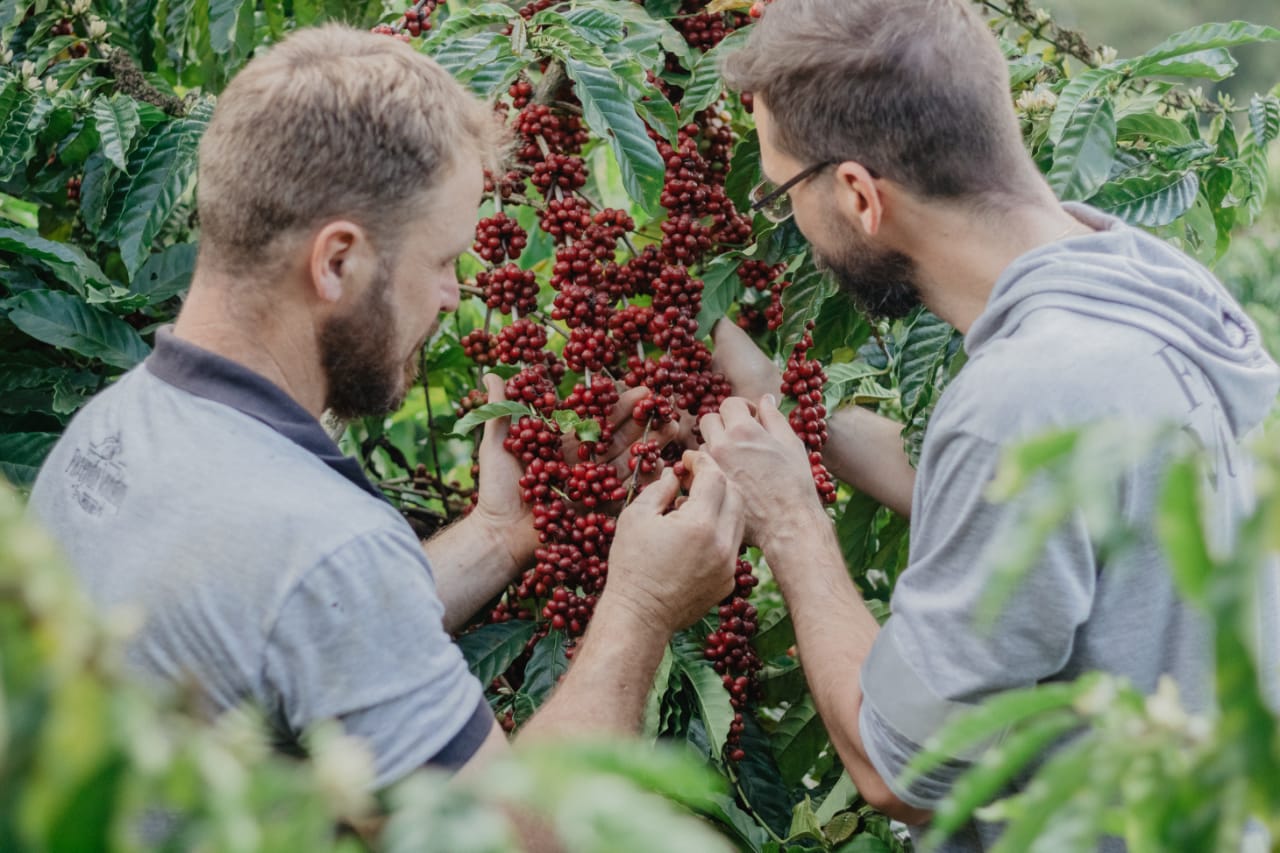 Robusta coffee tree.
Robusta coffee tree.
How does he incorporate Cropster at origin?
Cropster has been a key part of the Venturim’s development and success over the past few years. When the Venturim’s first considered Cropster Origin, one of their goals was to overcome the challenges faced with their traceability system, which was done on pen and paper. One of the biggest efficiency challenges they faced was when customers asked for reports on a lot’s history. While this was messy, the migration to Cropster Origin gave them the ability to stay organized, remain efficient, and retrieve their coffee’s information anywhere, at anytime via the cloud.
Lucas says, “because we’ve taken the time to learn all the different areas of the supply chain, we can understand and effectively communicate the potential of our robusta coffee to our customers worldwide. With Cropster products, we can stay very organized and can be transparent and share data with our customers.” Cropster’s SLIC labels (QR Codes) have also enabled Lucas to share information in a more effective and transparent way, as well.

Lucas Venturim roasting with Cropster Origin.
With the ability to customize processes and compare the outcomes between batches, Cropster Origin enables producers like Lucas to trace and understand where to improve their lots. Lucas explains that “it’s very interesting for research and development purposes.” Additionally, Cropster includes a mobile app that makes it easy to register coffee data wherever, whenever without the need for an internet connection.
Previously, their QC was all on paper, which made it tricky to organize blind cuppings and/or report/analyze their coffees. Considering that flavors change before and after milling, or during storage, the work required to track quality over time was becoming very labor intensive. Lucas says that having the ability to “first, sort and then compare qualities by size or density, all while preserving traceability, is very useful.”
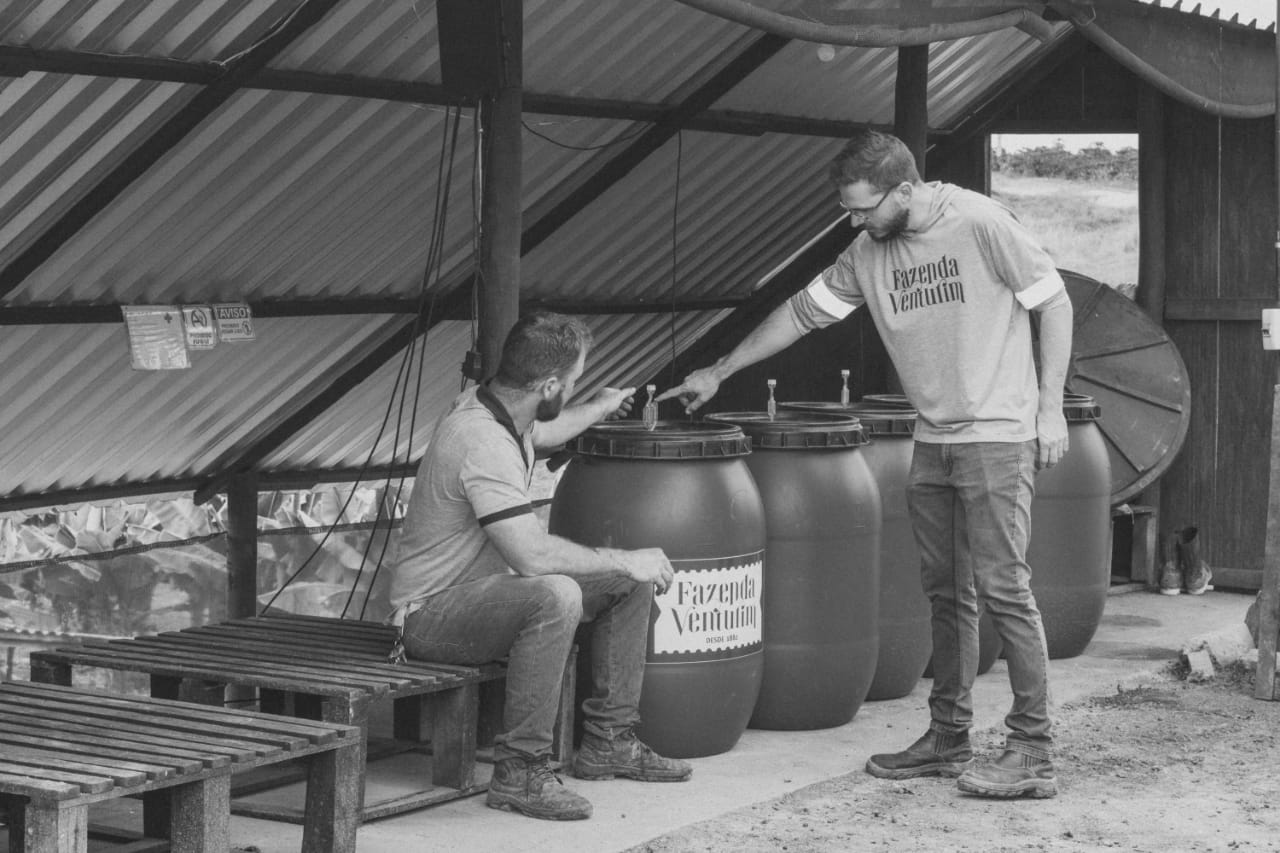 The Venturim Brothers experimenting with their coffees.
The Venturim Brothers experimenting with their coffees.
Not only has Cropster enhanced Lucas’ ability to share data with customers, but it’s also been a tool for shared-cooperation between producing origins. Lucas says, “Colombian and Ugandan coffee professionals have a growing interest in understanding the growing production of Brazilian Robusta coffees. Because we collect our data with Cropster Origin, we can efficiently share this information with them as well so that they can see the progress, development, and quality potential of robusta coffee.”
The best part is that this data is all in a cloud, which information can be accessed from anywhere and it saves everyone time when retrieving information. Cropster’s workflow allows the results to form the quality control, which are then linked to lab samples and warehouse inventory. Essentially, in one solution, Cropster Origin has allowed Lucas and his family to follow and manage their coffees from seed to cup, replicate that process, and communicate each step of the way with anyone across the coffee supply chain. “I don’t know how to collect my data without Cropster anymore.”
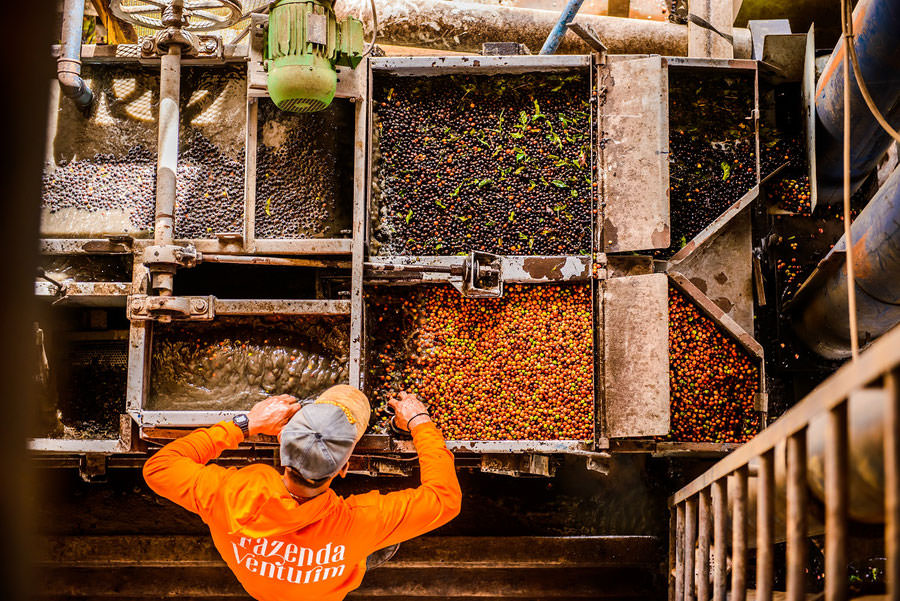
 Robusta coffee tree.
Robusta coffee tree.
 The Venturim Brothers experimenting with their coffees.
The Venturim Brothers experimenting with their coffees.